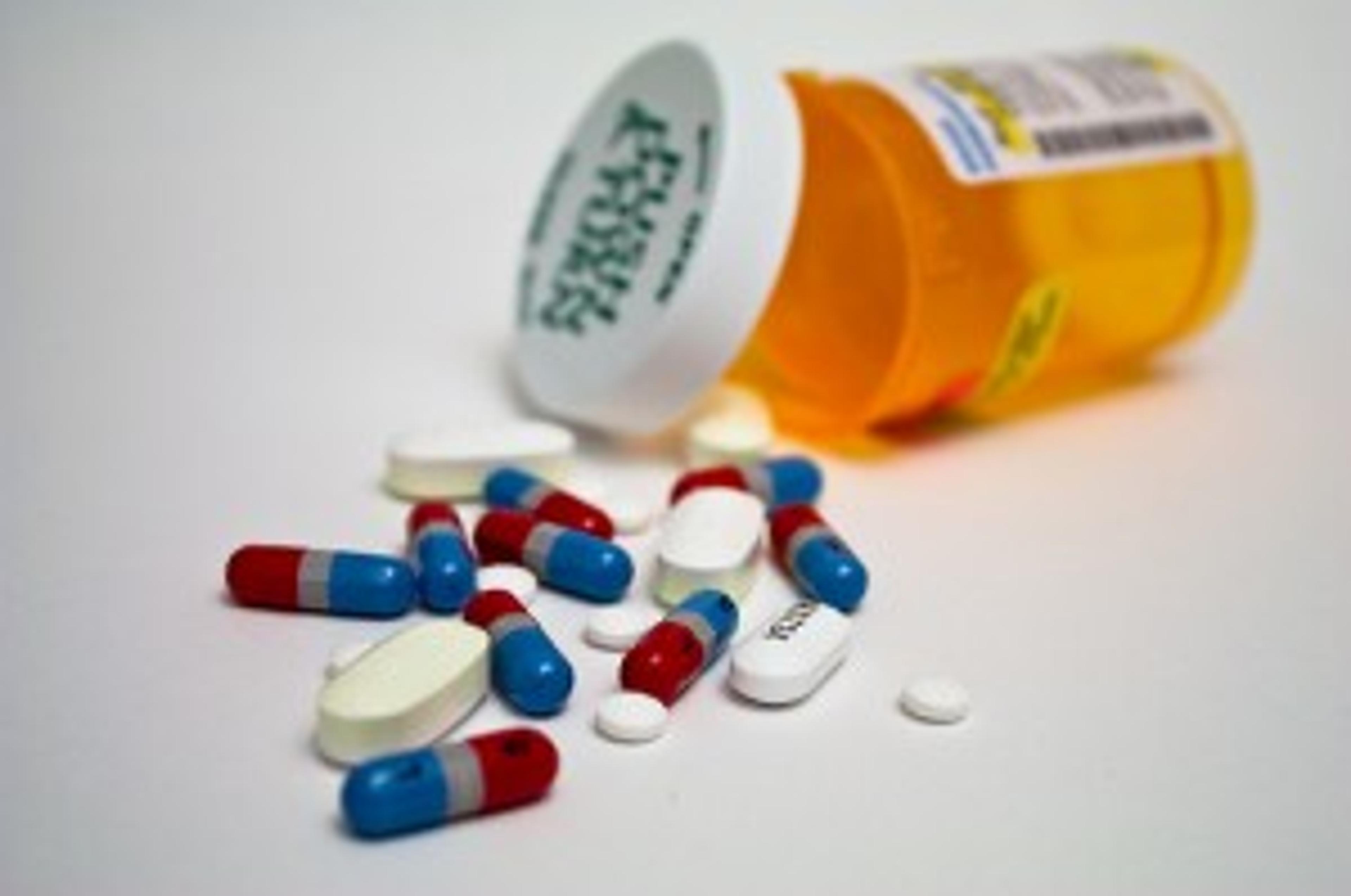Prescription medications: Brand name drugs versus generic drugs
Sarah Petrunak
| 2 min read

What’s in your medicine cabinet? Is it a runway show of brand names, or their equally effective generic counterparts? Besides the packaging, the key difference between brand name and generic is cost. Generic equivalents of brand names are typically much lower in price, but, what else? What are the differences between brand name and generic drugs, and is one better than the other?
The biggest difference between brand name and generic prescription medications is not the chemical makeup or quality of the product, but research and patent protection. A brand name drug is discovered and developed by a pharmaceutical company, which invests large sums of money into the drug during the process. Once developed, the pharmaceutical company must submit the medication to the Food and Drug Administration (FDA) to make sure it’s safe for you and me, and determines other characteristics of the drug including dosage form, manufacturing process, stability, purity, strength and how it dissolves.
Once the medication receives FDA approval, the pharmaceutical company has the exclusive right to sell the drug for as long as the company has patent protection. Why? To pay for all the research and development that went into producing the drug in the first place. A patent allows the company to regain the money spent during development of the medication, and potentially accrue profit as well.
Generic drug manufacturers can enter the ring when a brand name medication’s patent comes to an end. At that time, manufacturers can produce generic versions of the drug that meet strict criteria including:
- All of the same active ingredients.
- The same dosage form, at the same dose or concentration, and follow the same method of administration. For example, if the brand name version is an oral capsule, the generic version must be as well.
- Generic medications may differ in color, shape, taste, inactive ingredients, preservatives and packaging.
Generic drugs are also approved by the FDA for safety and effectiveness. Once approved, they are able to be sold on the market alongside the brand name version.
As long as they are both FDA-approved, there is no reason to take one form of a medication versus the other – both versions of a medication will be equally safe and effective. The biggest reasons to choose one over the other are cost and availability.
If you have questions about brand name versus generic medications, talk to your doctor. You can also ask questions, see answers and learn more on Health Insurance Central.





